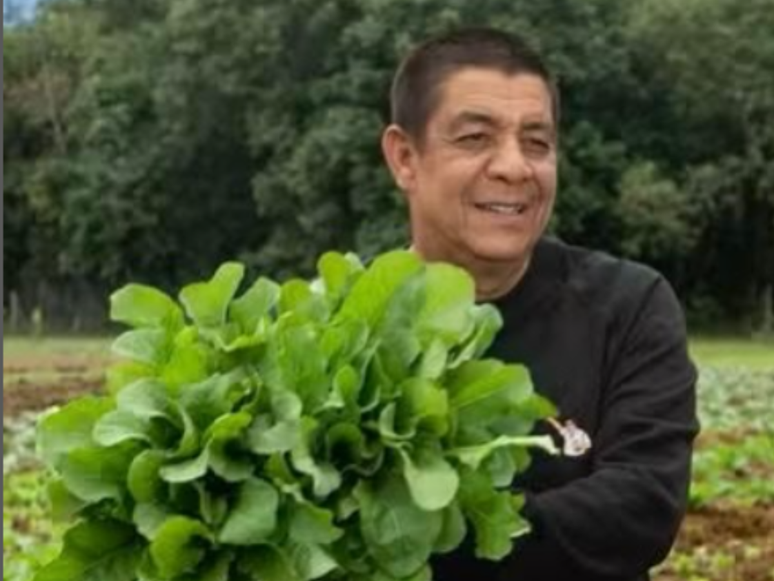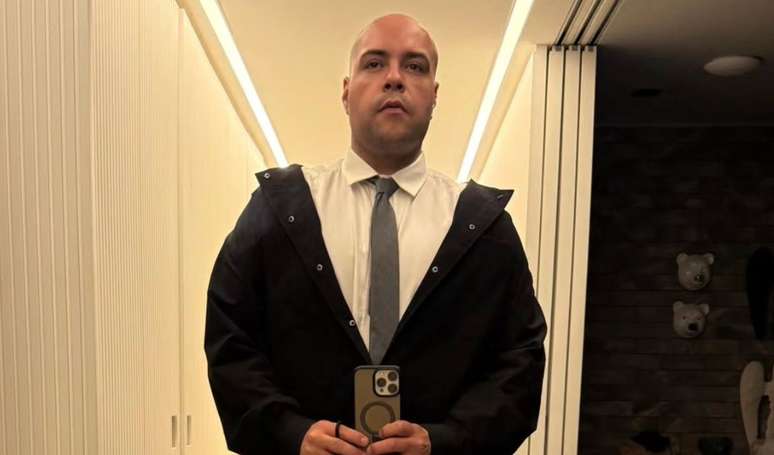Zeca Pagodinho has decided to transform part of his inheritance into a social help tool giving a land of 8,000 square meters in the Xerém district, to Duque de Caxias (RJ), for the implementation of a community garden. The area is located near the Biological Reserve of Tinguá and is part of the Guardaão program by Mata del Zeca Pagodinho Institute (IZP), which also provides for the reforestation and the seed bank.
The initiative, called Urban Horta Xerém I, was created with the aim of facing food insecurity and generating local income. The structuring of the bill is supported by the Ministry of Agricultural Development, through public funds and a parliamentary amendment of the Federal Deputy Blessing from Silva. The execution of the activities is conducted by farmers formed by Izp itself, in collaboration with the Federal Rural University of Rio de Janeiro and Embrapa.
Initially, ten families will be directly benefited from the food produced, while other production episodes will be intended for solidarity kitchens, asylum kindergartens, public schools and IZP students. Part of the harvest will also be marketed through the Duque de Caxias town hall.
“When we arrived in Xerém, it was all clay. There were very few families. Many times I saw the people who need to need. When I’m here, there is no one. Have you seen the size of the food pans? For all those who come here, I ask:” Have you had? “Poor, rich, police, suction cup, cheating …”, Zeca said to Globo.
The garden has already received over 11 thousand vegetable seedlings, including lettuce, beetroot, pumpkin, rocket and Gombo. In addition, more than 50 species of fruit trees have been planted, such as JabuticaBa, Mandarin and Mango. According to the United Nations estimates for food and agriculture (FAO), the space should reach a production of up to 40 tons of food per year, equivalent to 3-5 kilos per square meter.
Louiz Carlos da Silva, son of Zeca and director of IZP, stressed that the project obtained cultural attention, but has obtained new fronts. “We want to develop people so that in the future they can walk with their own legs and do not need donations or programs like this”.
Horta Management also strengthens sustainable pillars, as Cynthia Souza, environmental manager of the institute, pointed out: “Sustainability has four pillars: the environment, the social, the economy and the cultural, which is often the most difficult to work. When the institute has started with a focus on the cultural aspect, we were able to insert the other pillars.”
With a community story that acts in Xerém, the singer strengthens its link with the location. “I like it to be rice, beans and eggs. Xerém Egg. Hunger, for everything,” he said, summarizing the spirit that governs both his life and the new project.
Source: Terra
Ashley Fitzgerald is a journalist and author at Gossipify, known for her coverage of famous people and their lives. She writes about a wide range of topics, including celebrities, influencers, social media stars, and public figures. Her articles are known for their in-depth analysis and unique perspective. She is respected for her ability to keep readers up to date with the latest news and trends of the famous people.








